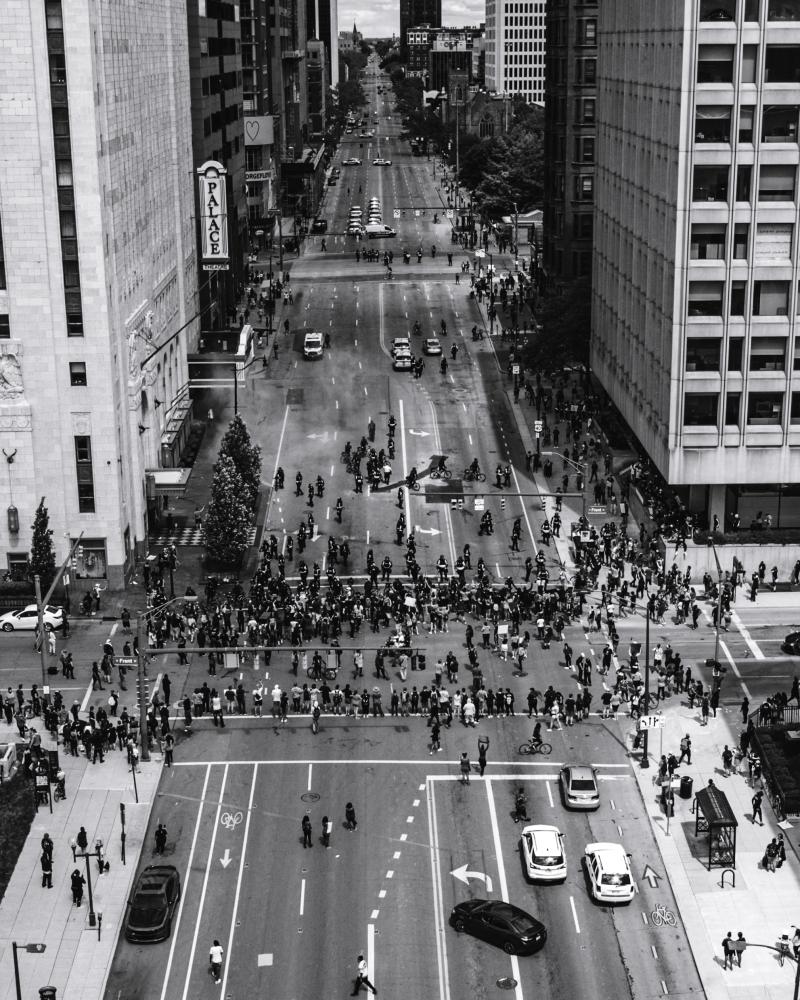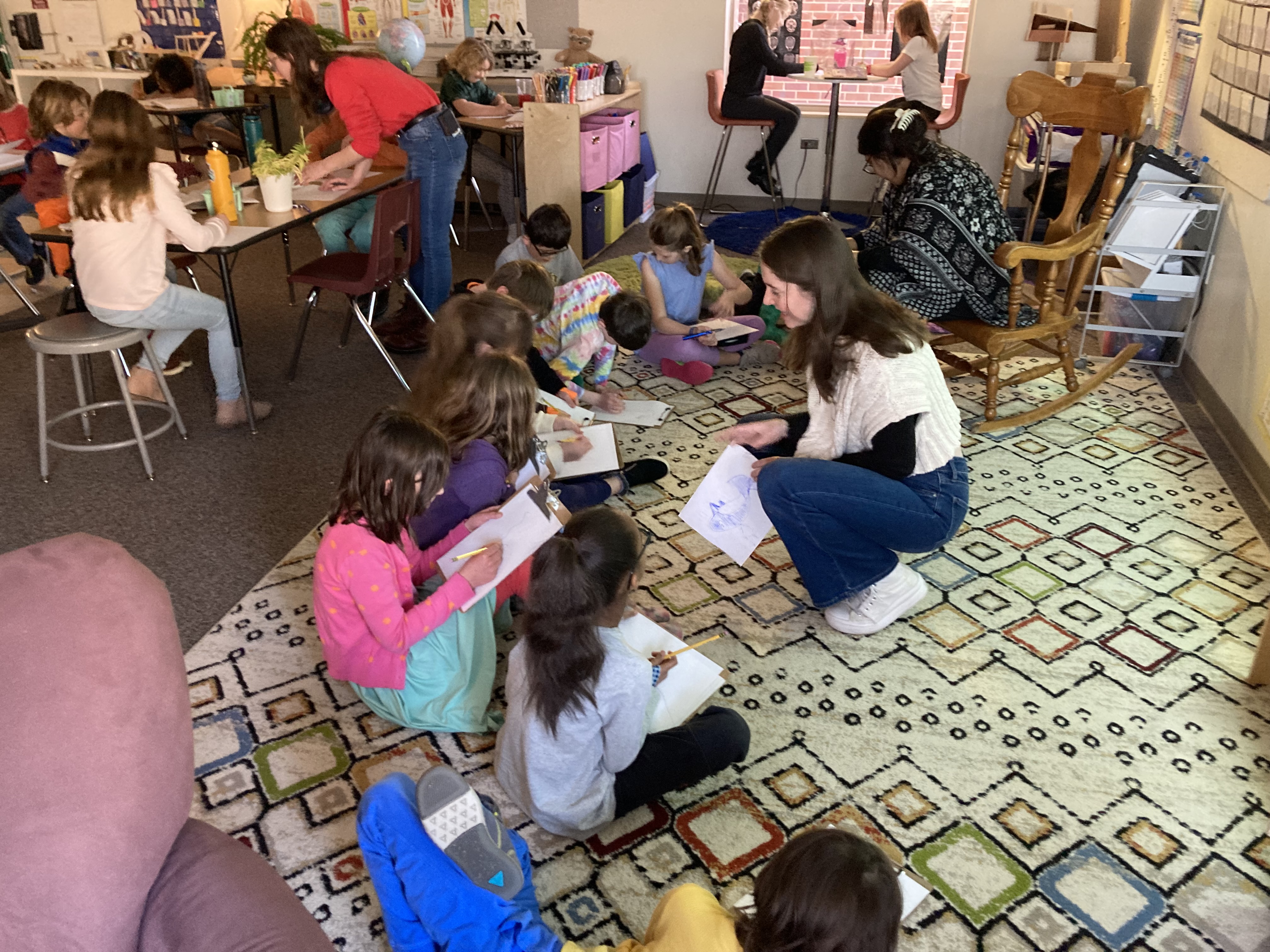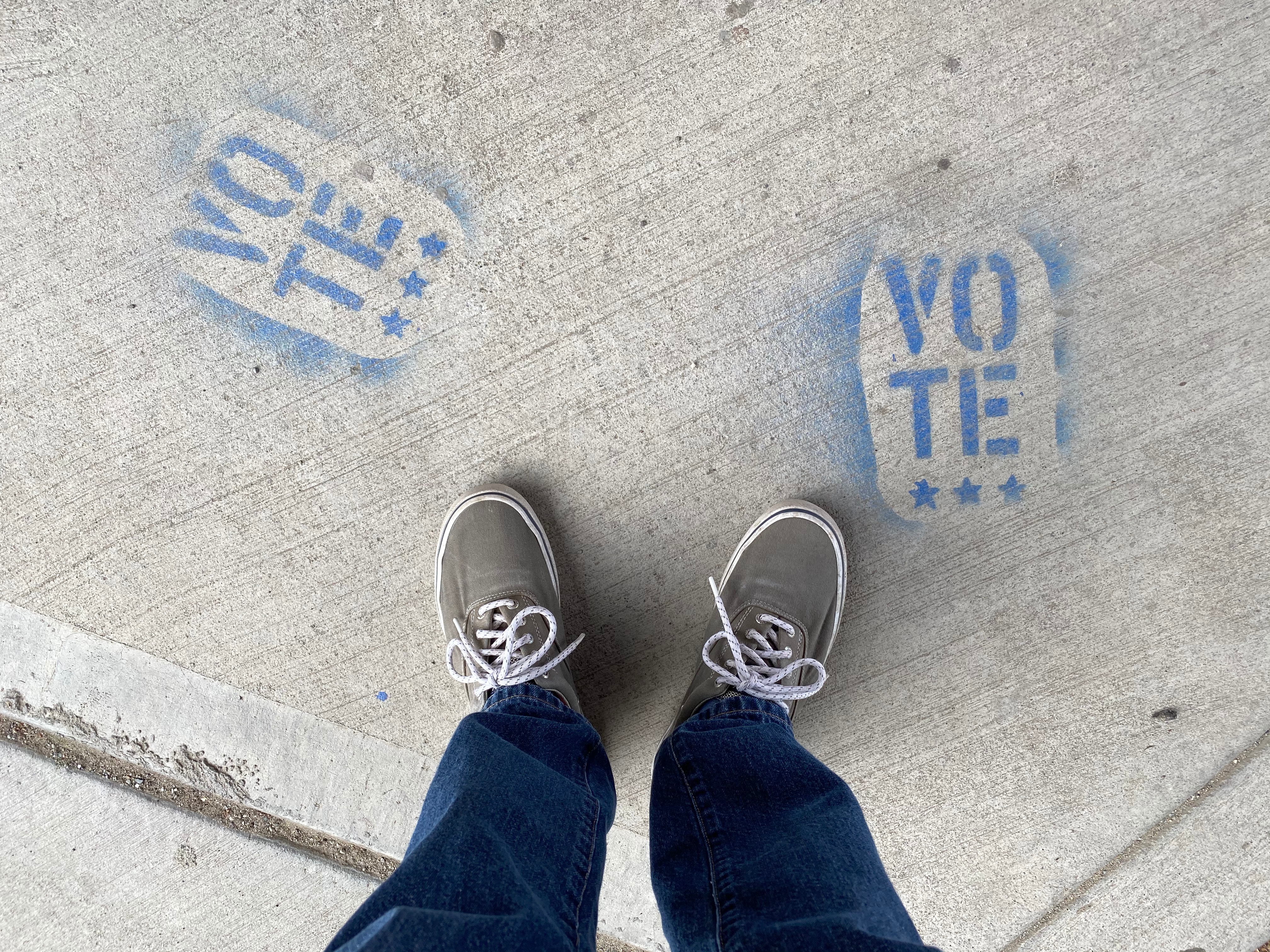Taking Our Theory to Task: The Importance of BIPOC Practitioner Experiences in Change Theory
By: Annie Zean Dunbar, Graduate School of Social Work

Every year, I start my course on Community and Organizational Change: Theory for Practice at the Graduate School of Social Work with a discussion about how change is messy. We take a few moments to contemplate the reality that “change” as a concept is fraught with other complex socio-historical implications- for who? To what end? And with what outcomes in mind?
The course offers Social Work MSW students an opportunity to engage theories of change and histories/current practices which examine emergent and prescient social justice issues and topics of our time. We spend time cultivating understandings of different frameworks and theoretical assumptions, and underscoring how these frameworks are shaped by and respond to hegemonic norms and values of the United States. As a theory course, we grapple deeply with the ways we think about change, progress, justice, and of course community.
But we can’t, and I argue shouldn’t do that only with each other. With the support of the Community-Engaged Teaching funds, I had the opportunity to invite guest speakers and community members to engage and support my students throughout the quarter. Specifically, I invited Black, Indigenous, and People of Color (BIPOC), women and femmes of color to share their/our expertise and theories of change that broaden the canon of social change theories and actors. These guests were also invited to be consultants on student final projects which require students use the learnings of each weeks “skills labs” to create a final Organizational or Community Change Initiative.
Throughout our 10 weeks, we had guests who spoke about their praxis as organizers, organizational leaders, and invited us as thought partners to bring into focus theories, practices, and processes which may be counter to our ideas about the stakes and timeline of change work. One guest provided counternarratives about their experience doing Alinsky Community organizing in Chicago. They offered us ways of thinking and unlearning hetero-patriarchal community organizing techniques and incorporating ecological and somatic theories of community organizing. Another guest shared their journey from working in the philanthropic sector to working towards training and supporting philanthropic organizations to give money using the principles of Diversity, Equity, and Inclusion. Another guest provided insights on how to do youth work in Colorado and center self- and community-care practices. We also asked community leaders and organizers to provide insights on final projects as they related to birthing people outcomes. With the support of Center for Community Engagement to advance Scholarship & Learning (CCESL), I had the opportunity to welcome perspectives and people into the classroom in a way that enabled an equitable exchange of ideas and resources. My students remarked in their evaluations that the guests helped them contextualize the course in tangible ways.


